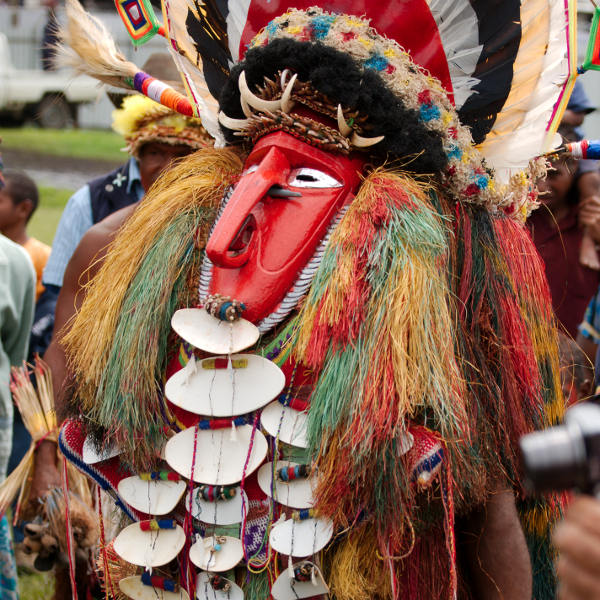

Including all its islands, it lies between latitudes 0° and 12°S, and longitudes 140° and 160☎.
BIRD IN HIRI MOTU FULL
It is a full member of the Commonwealth of Nations, the Pacific Community, and the Pacific Islands Forum.Īt 462,840 km 2 (178,704 sq mi), Papua New Guinea is the world's fifty-fourth largest country. Papua New Guinea has been an observer state in the Association of Southeast Asian Nations ( ASEAN) since 1976, and has filed its application for full membership status. Most live in "traditional" or "customary" social groupings, which are explicitly acknowledged by the Papua New Guinea Constitution, which expresses the wish for "traditional villages and communities to remain as viable units of Papua New Guinean society" and protects their continuing importance to local and national community life. Nearly 40% of the population are subsistance farmers, and are relatively independent of the cash economy. The sovereign state is classified as a developing economy by the International Monetary Fund. The country is believed to be the home of many undocumented species of plants and animals. Most of the population of more than 8,000,000 people live in customary communities. As of 2019, it is also the most rural, as only 13.25% of its people live in urban centres. There are 839 known languages of Papua New Guinea, one of the most linguistically diverse countries in the world. It also became a member of the Commonwealth of Nations in its own right. It became an independent Commonwealth realm in 1975. The country is the world's third largest island country with an area of 462,840 km 2 (178,700 sq mi).Īt the national level, after being ruled by three external powers since 1884, including nearly 60 years of Australian administration starting during World War I, Papua New Guinea established its sovereignty in 1975. Its capital, located along its southeastern coast, is Port Moresby. Not every possible mutated form of every word actually occurs.Papua New Guinea (abbreviated PNG also Tok Pisin: Papua Niugini Hiri Motu: Papua Niu Gini), officially the Independent State of Papua New Guinea (Tok Pisin: Independen Stet bilong Papua Niugini Hiri Motu: Independen Stet bilong Papua Niu Gini), is a country in Oceania that comprises the eastern half of the island of New Guinea and its offshore islands in Melanesia (a region of the southwestern Pacific Ocean north of Australia). Note: Some of these forms may be hypothetical.




 0 kommentar(er)
0 kommentar(er)
